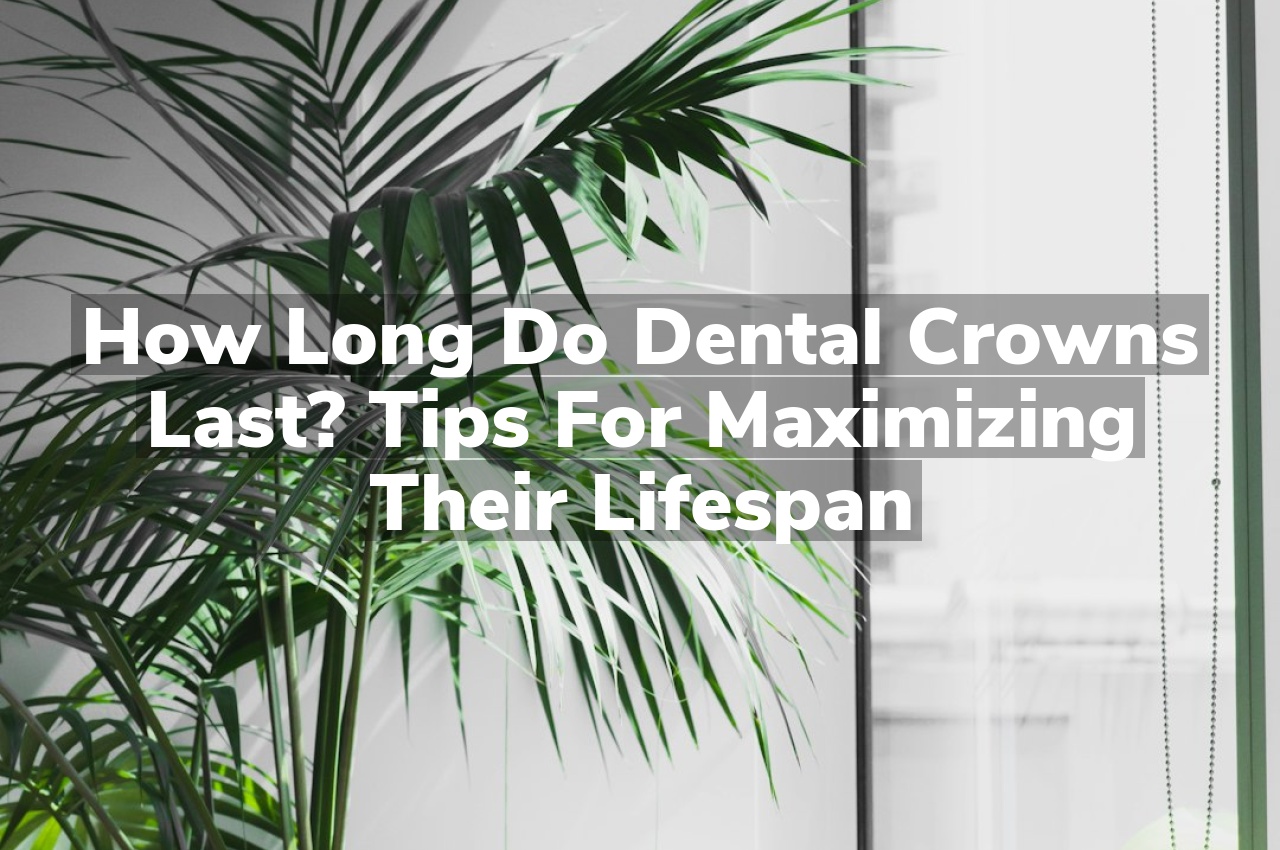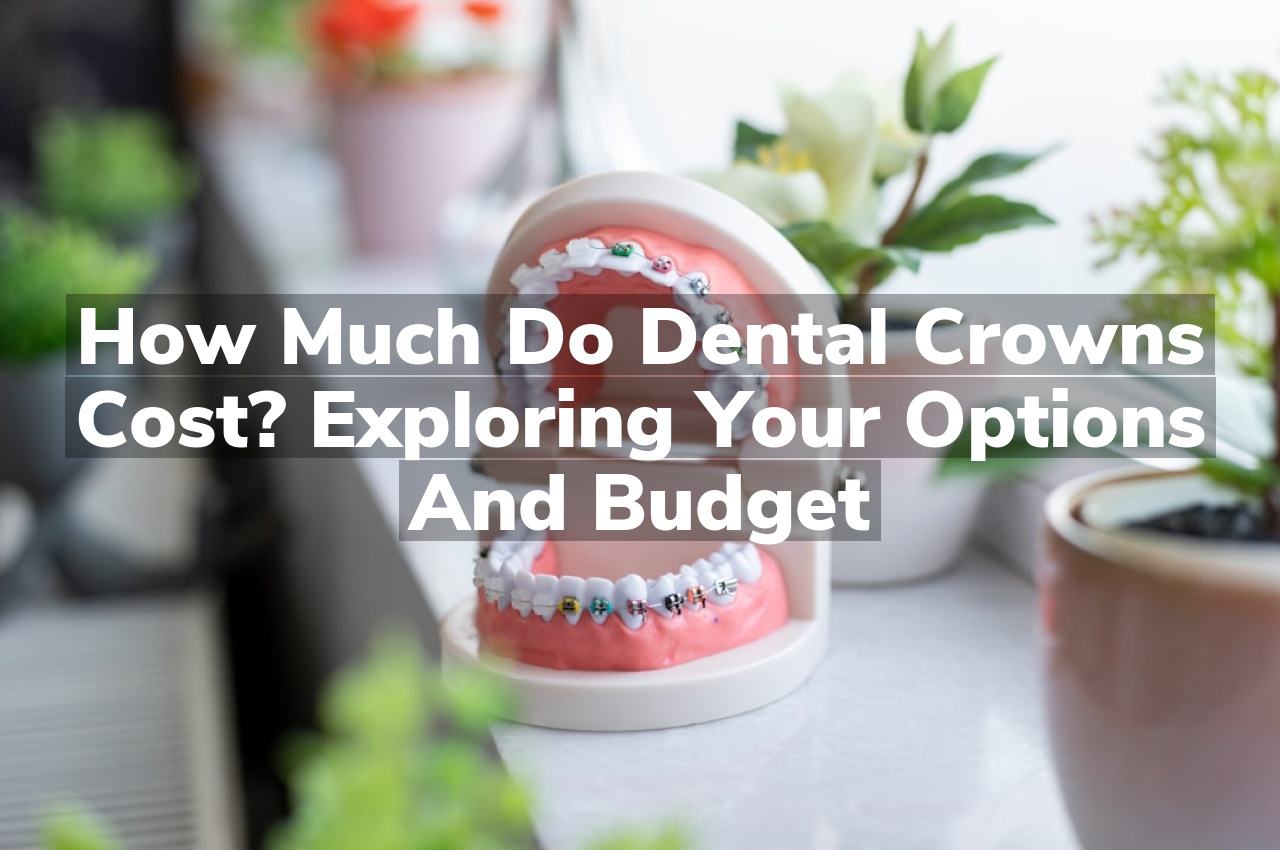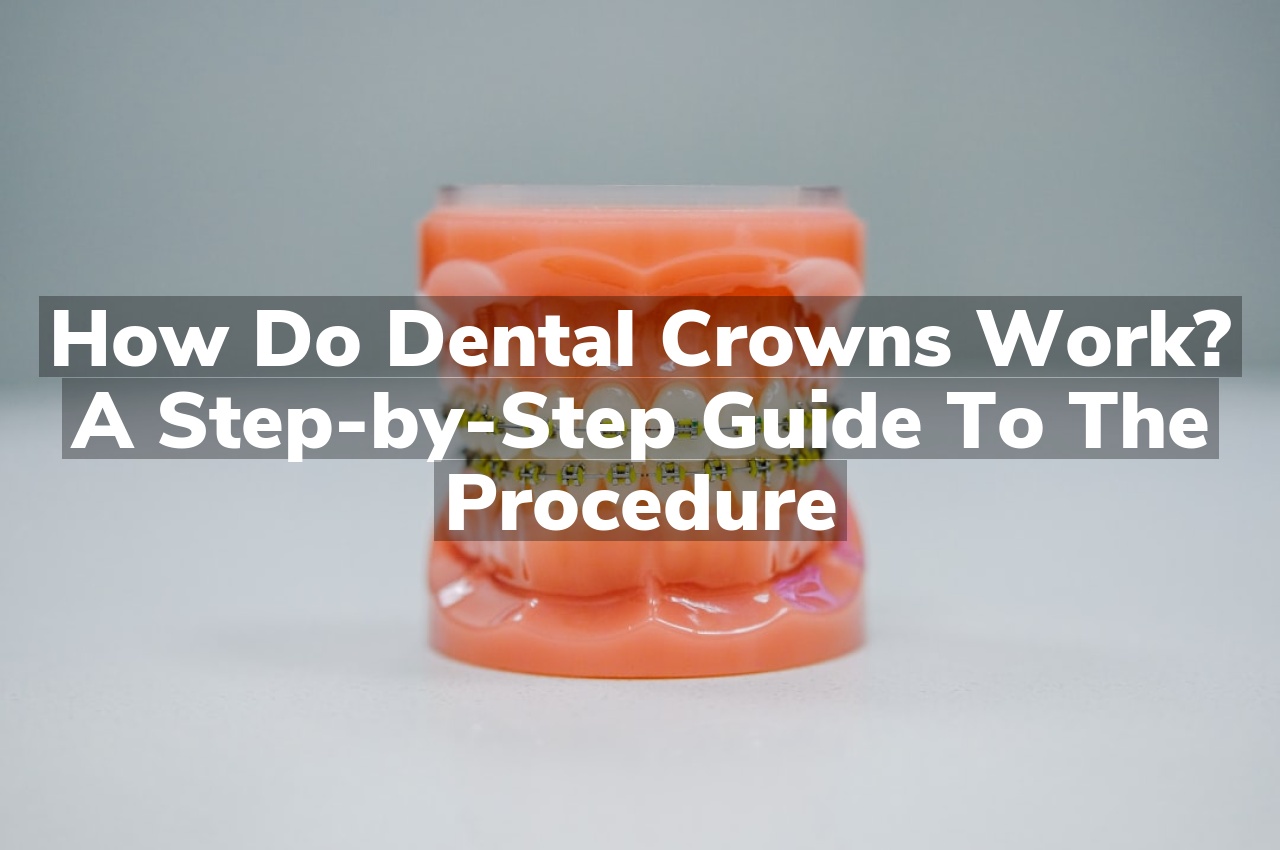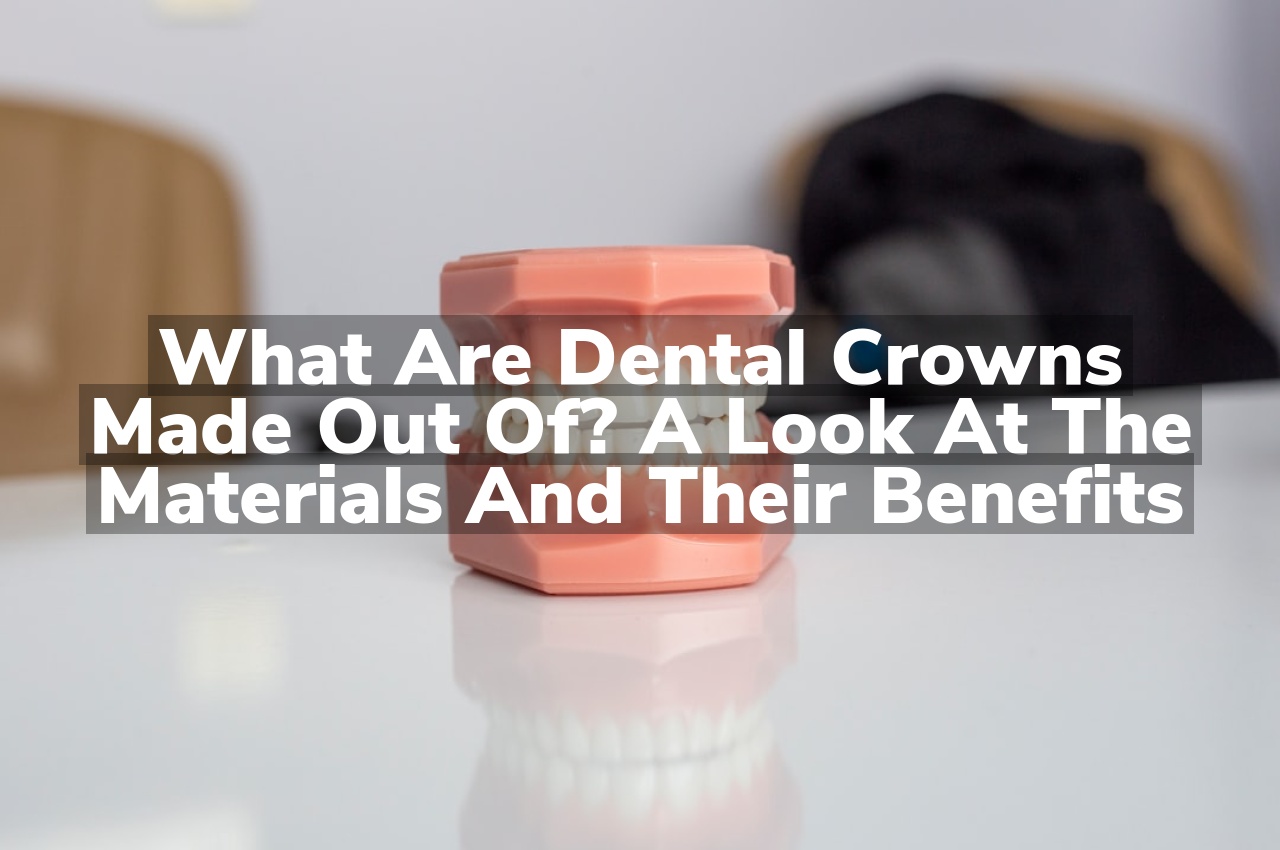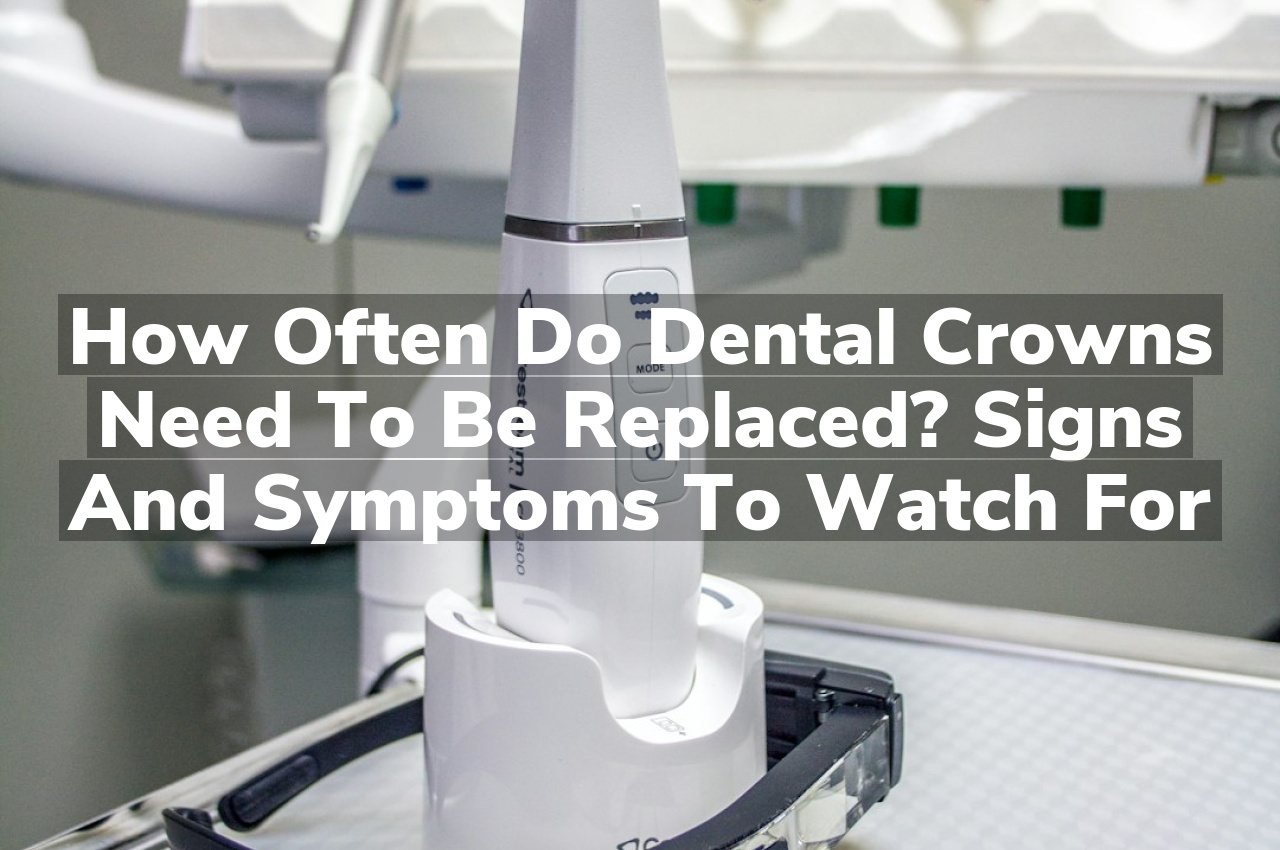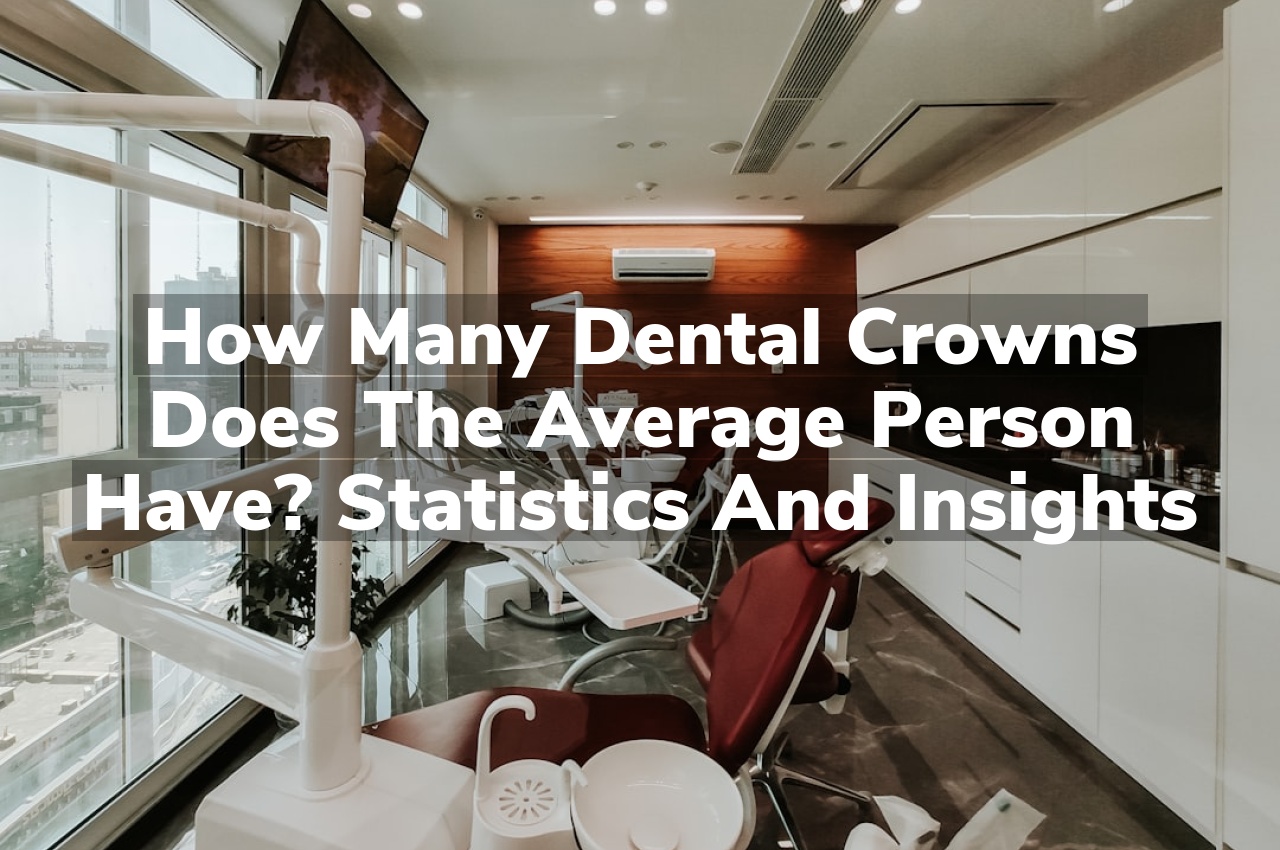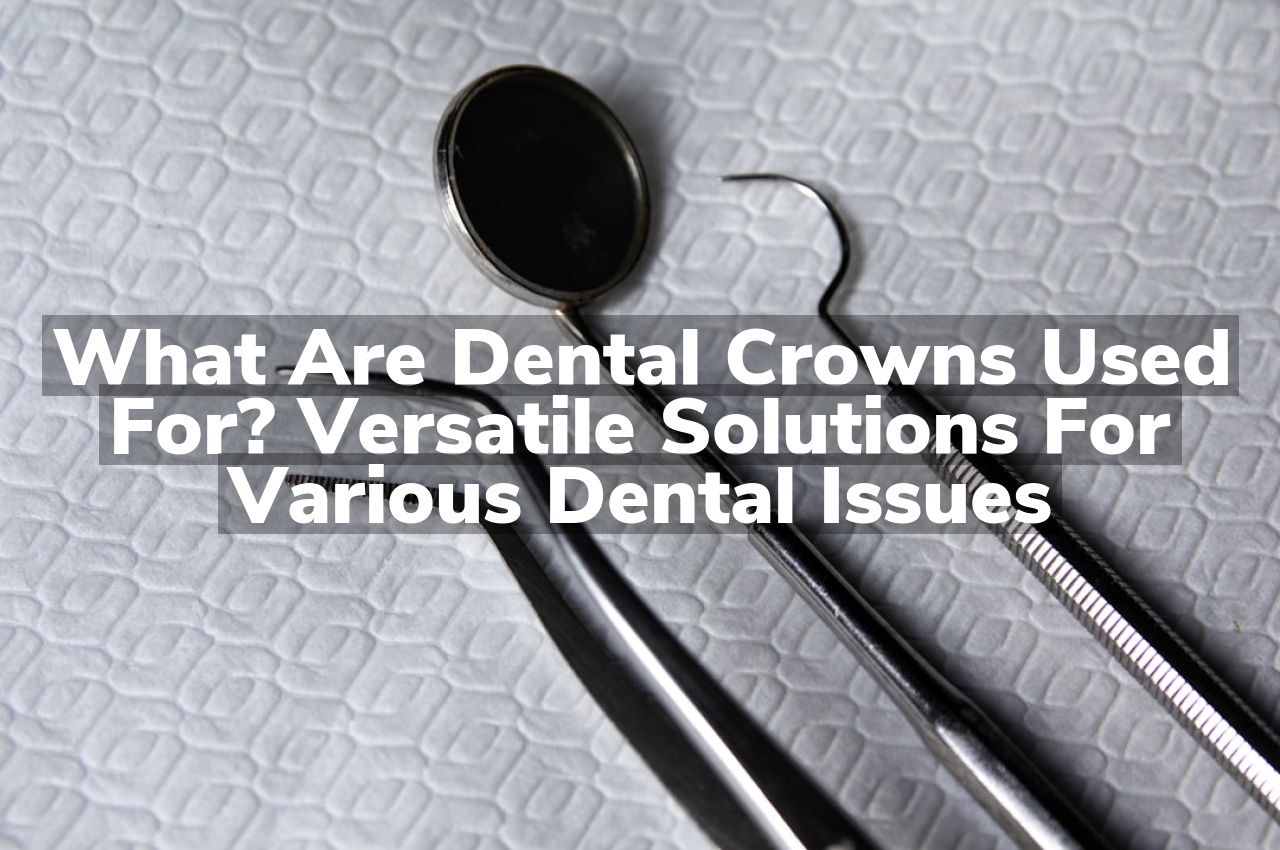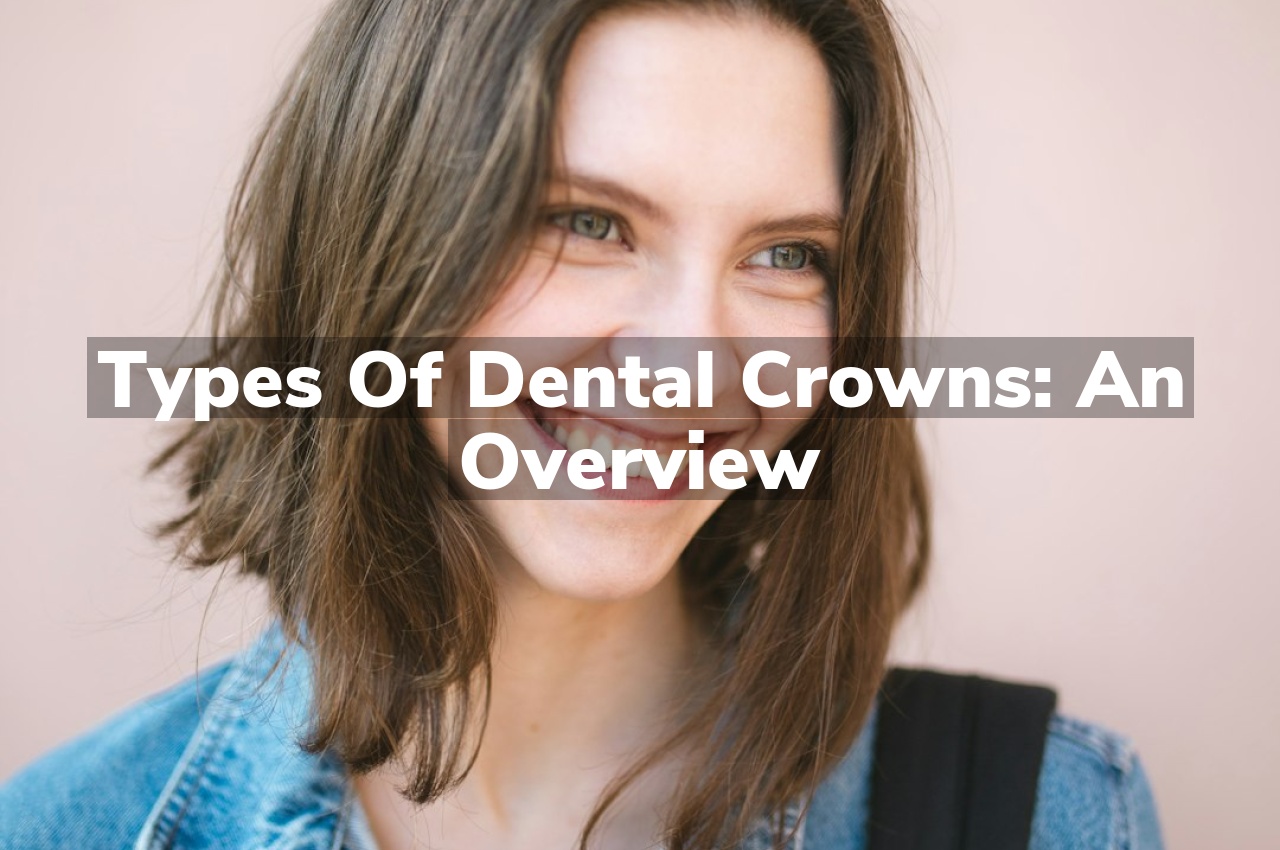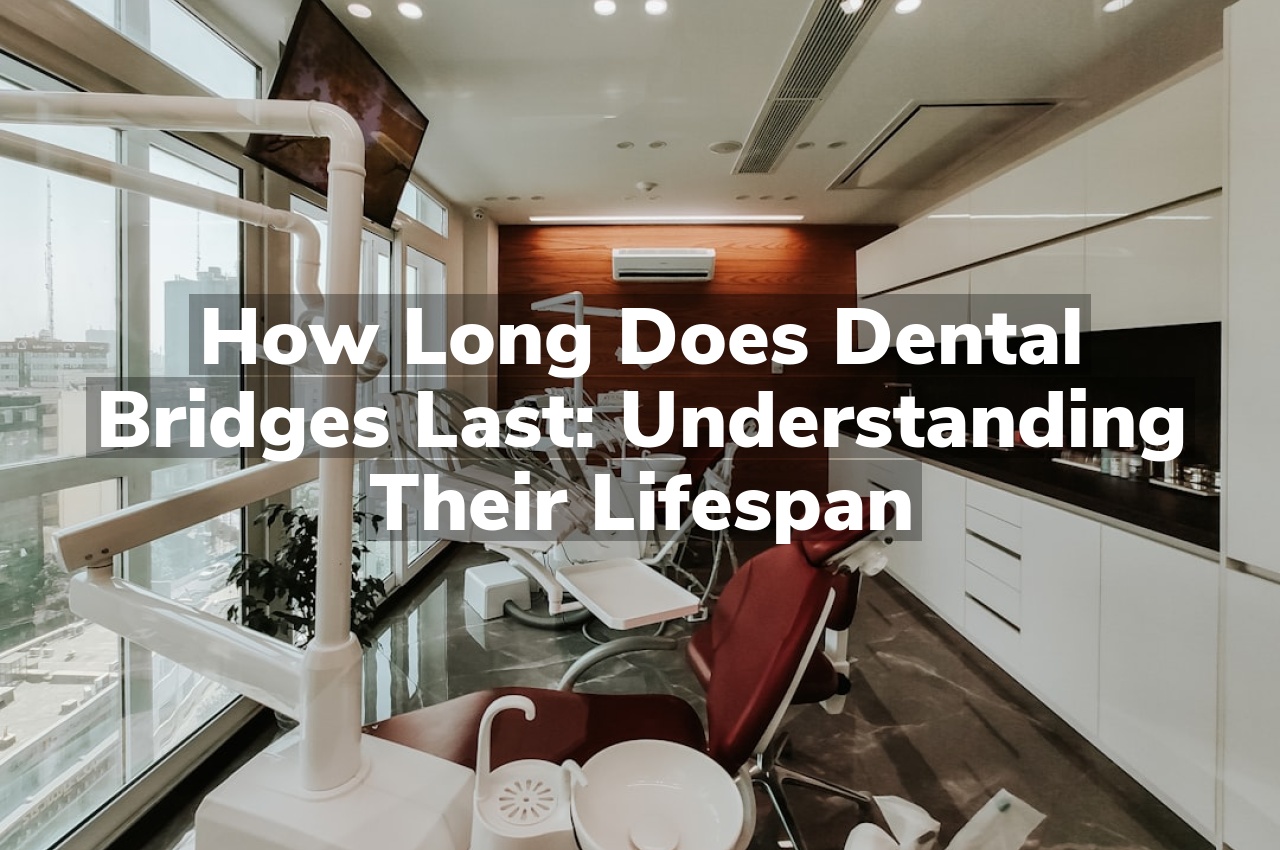How long do dental crowns last, and what can you generally expect in terms of their lifespan? Dental crowns typically serve for many years, but their longevity can vary widely based on several factors including material choice and oral hygiene practices. Understanding these factors can help you gauge how long your crowns might last.
Types of Dental Crowns
When considering how long do dental crowns last, it’s important to understand the different types available. Dental crowns can be made from various materials, each with its own set of characteristics and general longevity. Porcelain or ceramic crowns are popular for their natural appearance and are typically used for front teeth restorations. Metal crowns, including gold, nickel, chromium, and palladium, are prized for their durability and are often used in out-of-sight molars. Another option is porcelain-fused-to-metal crowns, which combine the aesthetic appeal of porcelain with the strength of metal.
The choice of material can significantly influence how long do dental crowns last, as each type responds differently to wear and tear. For those curious about the financial aspect of choosing the right type of dental crown, consider reading How Much Do Dental Crowns Cost? Exploring Your Options and Budget to gain a better understanding of potential expenses.
Average Lifespan of Dental Crowns
The durability of dental crowns can vary significantly based on several factors, including the material used, the placement in the mouth, and the overall oral hygiene practices of the individual. Generally, dental crowns are crafted to be long-lasting and can typically endure anywhere from 5 to 15 years before needing replacement. However, with optimal care and conditions, some crowns may even last for a couple of decades.
Understanding the longevity of different types of crowns and how they might interact with your dental health can be complex. For more detailed information, consider visiting Meridian Dental Crown Services to explore various aspects and options available for dental crowns.
Factors Affecting Crown Durability
The longevity of dental crowns can vary widely, influenced by several key factors. Primarily, the material from which the crown is made plays a crucial role in determining how long it will last. Additionally, the location of the crown in the mouth affects its endurance, as crowns on back teeth experience more force from chewing than those on front teeth. Personal habits, such as grinding or clenching teeth, can also significantly impact the durability of a dental crown. Overall, understanding these factors can help gauge how long do dental crowns last under various conditions.
Importance of Regular Dental Visits
Regular dental visits play a crucial role in the longevity of dental crowns, including how long do dental crowns last. These check-ups allow professionals to monitor the condition of dental crowns and the overall oral health of an individual. Consistent evaluations help in identifying any potential issues that could affect the durability of the crowns. Maintaining a schedule of regular dental visits is a fundamental aspect of oral health care. For those seeking professional dental care, consider visiting Alliance Dental Care, your trusted Meridian Dentist.
Impact of Eating Habits
The longevity of dental crowns is significantly influenced by individual eating habits. Foods that are particularly hard, sticky, or chewy can affect how long dental crowns last. Consistently consuming these types of foods can lead to wear and tear on dental crowns over time. Additionally, the frequency and consistency of exposure to such dietary choices play a crucial role in determining the overall durability and condition of dental crowns throughout their lifespan.
Role of Oral Hygiene
Maintaining optimal oral hygiene is crucial in extending the lifespan of dental crowns. Regular brushing and flossing can prevent plaque buildup, which can lead to decay under the crown. By keeping the surrounding teeth and gums healthy, you ensure that your dental crowns remain secure and intact. Additionally, routine dental check-ups allow professionals to monitor the condition of your crowns and address any issues early on. Adopting these oral hygiene habits is essential to maximize how long do dental crowns last, ensuring they remain functional and aesthetically pleasing for as long as possible.
Signs of Crown Wear and Tear
Recognizing the signs of wear and tear on your dental crowns is crucial to understanding how long do dental crowns last and when they might need replacement. Common indicators include noticeable cracks or chips in the crown, a feeling of looseness, or discomfort when chewing. Additionally, if you experience increased sensitivity to hot or cold temperatures or see visible lines at the crown’s edges near the gum line, these could also be signs that the integrity of the crown is compromised. Regular check-ups can help detect these issues early, ensuring your crowns maintain their functionality and appearance for as long as possible.
Consequences of Delayed Crown Replacement
Delaying the replacement of dental crowns can lead to several undesirable consequences that may compromise your oral health. When crowns are worn out or damaged, they no longer provide the necessary protection to the underlying tooth, potentially leading to decay, infection, or structural damage. This can result in more complex dental issues, increased discomfort, and higher treatment costs in the long run. Additionally, worn-out crowns may affect your bite and the alignment of your teeth, which can cause further complications. To understand how long do dental crowns last and when they should be replaced, it’s crucial to consult with your dentist regularly and address any concerns promptly to maintain optimal dental health.
Dental Crown Maintenance Overview
Maintaining your dental crowns effectively is crucial to extending their lifespan and ensuring they continue to function as intended. Proper care can significantly influence how long do dental crowns last. Regular brushing and flossing are essential, as they prevent plaque buildup that can lead to decay under the crown. Additionally, it’s important to avoid habits that could damage the crowns, such as chewing on hard objects or using your teeth as tools. Regular check-ups with your dentist are also vital, as they can spot any issues early and prevent further complications. By adhering to these maintenance tips, you can help your dental crowns last for many years.
Conclusion
To discuss how long do dental crowns last, call us at 208-646-9461 or read our reviews on Google Maps.
